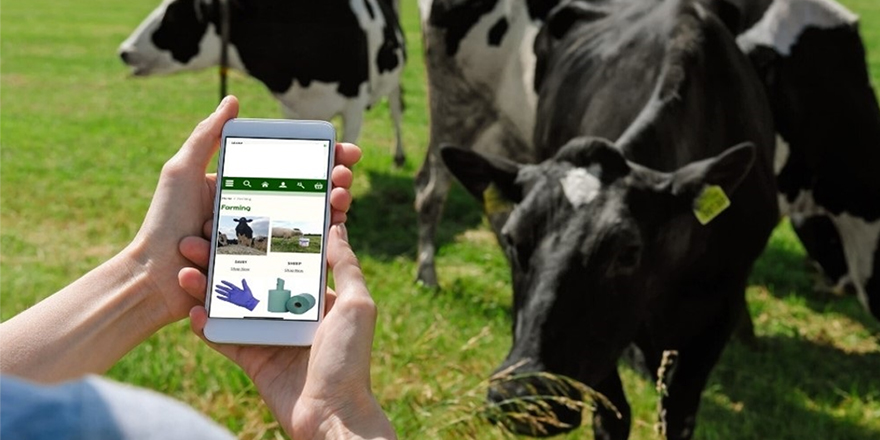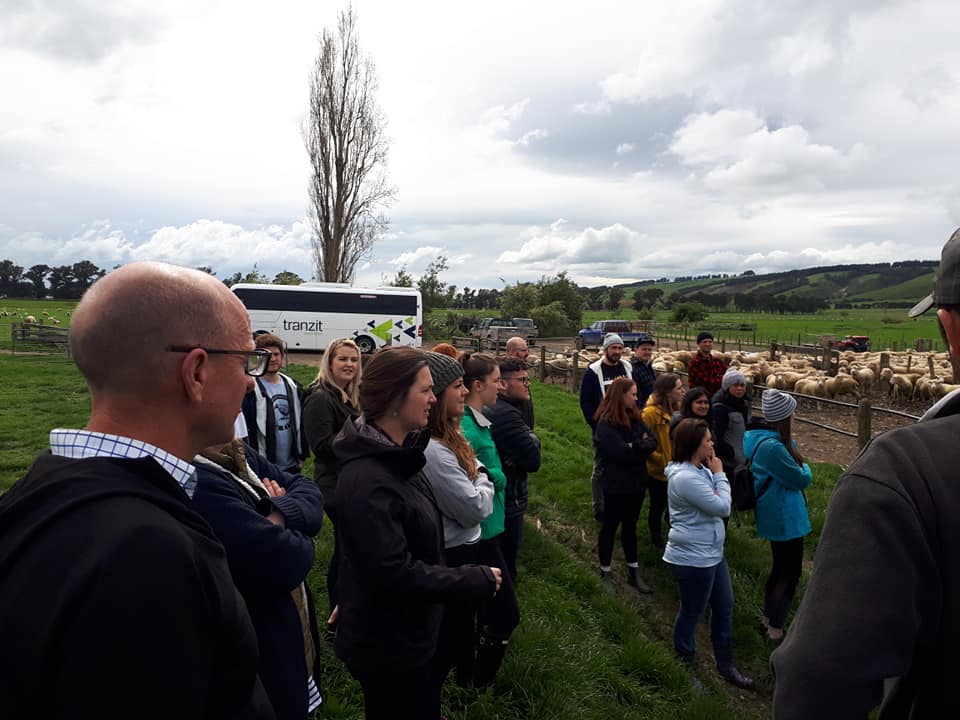
Executive summary
The most profitable farm businesses in New Zealand value the utilisation of pasture and homegrown forage first and foremost. They understand the importance of feed grown and eaten at home, and they farm to get the most from this cheapest form of feed.
But what do we know about the learning preferences of our farmers to efficiently grow and harvest homegrown feed in their farm systems? The purpose of this report was to provide pastoral agribusiness with key insights, including feedback from farmers, around learning preferences and how they make decisions. Pastoral farmers are defined as those who primarily use animals to harvest homegrown forage from their land, turning this into saleable protein, that will ultimately be sold off farm.
Specifically, this report looked to address two research objectives:
- To identify a clear and deep understanding of how and from whom (or what) New Zealand pastoral farmers learn about pasture and homegrown feed for their farm system(s).
- Understand the main learning preferences and what is important to the New Zealand pastoral farmer making forage related decisions on farm.
The research used a literature review, fourteen semi-structured interviews (seven red meat sector farmers and seven dairy sector farmers), as well as an example of farmer learning through extension in a three-pronged approach to address the research objectives.
The literature review gave a theoretical base to current knowledge, focusing on research around learning preferences of farmers and how the social aspects of relationships, people and trust play into learning.
From the interviews, a thematic analysis of responses identified that there are two broad pillars (aspects) around farmer learning. Firstly, a pure learning aspect, and secondly a social aspect. Within each of these key themes were identified in the learning aspects Awareness, Information and Decision making, and in the social aspects People and Trust. The people theme is closely tied up with farmer networks.
For learning to occur, awareness of a concept, idea or management practice is always the first step. Awareness can often lead to ‘seeking of more information’ and/or a ‘give it a go’ approach, as our farmers are practical people. Other people/ networks play a major role in farmer learning, and most farmers prefer to learn from others and/or use other people or trusted networks to gain awareness, learn more and help make decisions. Trust over arches nearly all of learning. Farmers must trust in aspects such as information, people, companies, and the science – to be open to learn. And information presented must be relevant to farmers/farm systems, with many farmers preferring science or and data driven information.
Key recommendations for pastoral agribusiness to foster farmer learning are:
- To aim first to create an awareness of the forage related concept or practice.
- Ensure information provided is science-based or verified
- Know who the target audience(s) is/are, be clear on this. Break them into groups, ask questions, listen, deeply understand regional or system challenges and quirks.
- Information must be relevant to the target audience.
With this in mind, create a fostered learning environment, potentially through closed on-farm groups or any system that brings farmers together. Deeply understand that trust must be gained in order to succeed, that it takes time for this to build, but being part of this inner network is a golden place to be, and provides an opportunity for long-lived learning relationships.
Jen Corkran




